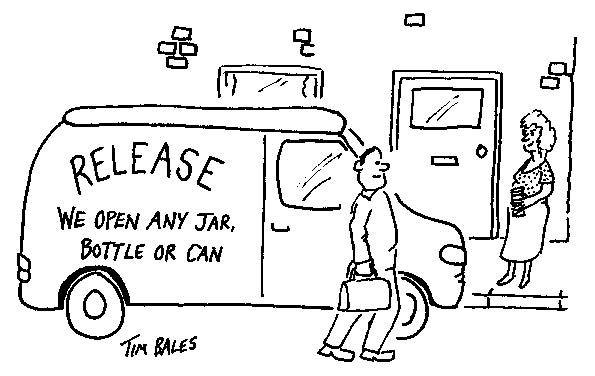Mike Leigh’s latest film feels cruel and is uncomfortable to watch which isn’t necessarily a bad thing — you can’t expect cinema to offer only comfort and warmth, my dears; cinema is not like the lobby of a country-house hotel — but it does make it a rather horrible experience.
Mike Leigh’s latest film feels cruel and is uncomfortable to watch which isn’t necessarily a bad thing — you can’t expect cinema to offer only comfort and warmth, my dears; cinema is not like the lobby of a country-house hotel — but it does make it a rather horrible experience. I did not enjoy Another Year although, as that may be its point, this does not mean it failed to achieve what it set out to achieve, if it set out to achieve anything. I’m just letting you know what to expect, that’s all, and it is certainly a richer, more complex film than, say, his last one, Happy-Go-Lucky, which didn’t seem to add up to much more than an irritating woman taking driving lessons.
Here, Jim Broadbent and Ruth Sheen play Tom and Gerri — Tom and Gerri? Any cat-and-mouse significance? Couldn’t see it — who are a most happily married couple in their sixties. Tom is a geological engineer. Gerri is a counsellor who works alongside a GP practice. They have an allotment which they tend lovingly, as they do each other. She gives him hugs from behind while he is cooking. He puts his arm around her when she rests her head on his chest in bed. We are meant, I think, to find them touching rather than smug but, still, there were times when I did want to punch them in the face, perhaps when they were least expecting it; perhaps when they were harvesting their courgettes. I can sometimes be like that.
Yet others do not see their smugness. They see only warmth, and their home — a Victorian semi with scruffy, squashy sofas and a cosy kitchen with its bowls of home-grown produce — attracts life’s losers like moths to a flame. There is Tom’s childhood friend, Ken (Peter Wight), a sad, obese drinker, who rages against the dying of the light. ‘Young people, young people, young people…everything is about young people,’ he shouts bitterly at one point. There is Tom’s widowed brother-in-law, Ronnie (David Bradley), who is closed down and taciturn. But mostly there is Lesley Manville as Mary.
Mary is Gerri’s friend and has been for 20 years. Mary works with Gerri at the GP practice in a secretarial role. Mary is needy and lonely and depressed but is not an especially sympathetic character. She isn’t very bright, plus she’s an alcoholic who is boring and self-pitying when drunk, as all alcoholics are. Mary knows her options are closing down, as we all do when we get to a certain age. (Some nights, I’m kept awake by the sound of my options closing down. Bang! There goes another one.) Mary is particularly distraught about her diminishing romantic options and, at a summer barbecue, flirts ridiculously with Tom and Gerri’s son, Joe (Oliver Maltman). Joe is grown-up, but still a generation younger than Mary.
We all know people who are like Mary, and suffer like Mary. They exist. But why doesn’t Gerri do anything to actually help, particularly as she is trained in these matters, and particularly as it would be in character? Why, instead, does she happily offer her yet more wine? Why does she let her drive away in a car when she’s obviously drunk? This is where the cruelty and discomfort come in. Mary’s extreme distress, which is played over and over? Who is it for? Us? It feels so cruel; so coldly cruel. And it does make you wonder how much Leigh likes his characters, not just in this, but generally.
The film is divided into the seasons, like the cycles of life, I suppose, and if I were to have a go at saying what it’s about, I’d say it was about ageing and moving on, or finding you can’t move on, which is always the more painful option. It is beautifully played, free of the usual tics and twitches and palsies that so often afflict Leigh characters, and Manville, in particular, gives everything she has, which turns out to be an awesome amount.
‘I always want to give people something to think about,’ Leigh has said, and I suppose he has, but it doesn’t mean you have to enjoy it. I didn’t, although not enjoying a film isn’t, of course, the same as not recommending it. Would I? Maybe. It does stay with you. Just don’t expect it to be like the lobby of a country-house hotel. OK?






Comments